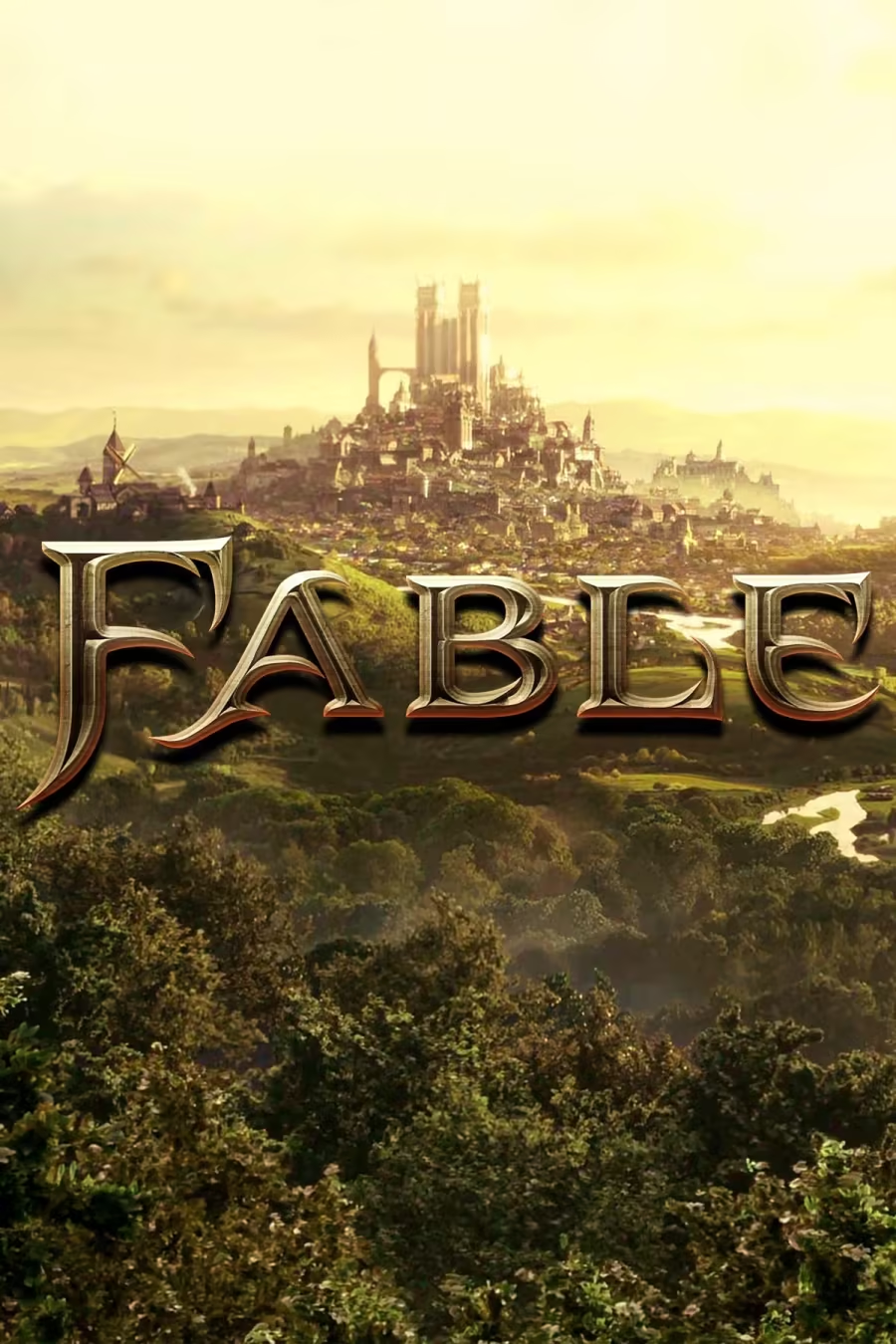Fable Really Needs to Push the Envelope with Romance After BG3 and Other Games
Highlights
- The new Fable game needs to improve its romance system to compete with modern RPGs like Baldur's Gate 3 by offering more complex and meaningful relationships with NPCs.
- Fable should update its romance options by introducing NPCs that are more central to the game's narrative and have distinct personalities and backstories, similar to the romanceable NPCs in Mass Effect 2.
- While evolving its romance formula, the next Fable game should also retain the irreverent humor and freedom that made the franchise unique, expanding upon creative concepts from previous games to make romance in the reboot memorable and innovative.
The return of the much-beloved Fable franchise is an exciting prospect for many fans, but one that comes with a few complications. Fable has always been unique compared to other AAA RPGs, and this upcoming reboot will likely capitalize on that, but it also has to keep speed with other contemporary RPGs, as the genre has evolved and expanded in the thirteen years since the last full game in the Fable franchise.
Romance is one area where Fable is going to need to make significant improvements. In the original Fable trilogy, the romance system was enjoyable, granting players a significant degree of freedom when it came to choosing romantic partners and starting families. The games even allowed for some not-so-traditionally-fun aspects of romance, such as divorce, infidelity, and sexually transmitted diseases. These considerations make romance in Fable games unique, but the feature as a whole appears shallow next to modern romance systems like the romances of Baldur's Gate 3. To be competitive in the era of contemporary RPGs, the new Fable should update its romance options.
Building Up Fable's Romance Features
Fable Should Offer Complex, Meaningful Relationships
Perhaps the greatest shortcoming of romance in Fable is how flippant and inconsequential it is. While there are plenty of interesting opportunities presented through the romance system, individual relationships lack narrative or emotional heft, as romanceable NPCs are (with some notable exceptions) interchangeable and don't factor into the main story of the game. This stands in stark contrast to games Baldur's Gate 3 or the Mass Effect trilogy, whose romanceable NPCs are typically fully fleshed out, interesting characters in their own right.
If the new Fable game allowed players to romance NPCs that were more central to the game's narrative, it could go a long way toward making in-game relationships interesting. These NPCs could have distinct personalities and backstories, perhaps even offering exclusive side quests to players that romance them, a la Mass Effect 2's loyalty missions. Additionally, Fable's romance system might benefit from some delayed gratification. In the original trilogy, players could often "complete" romantic conquests by flooding the object of their desire with gifts and attention, which could make romance feel mechanical and shallow. The next game should opt for a more organic approach, at least for some romance options, as this would ultimately make the system more rewarding and deep.
Keeping Fable's Identity Intact
Having said that, it's important for the new Fable to retain the characteristics of its predecessors. The Fable franchise is special because of how it differentiated itself from the rest of the role-playing pack, with the original trilogy emphasizing irreverent humor and freedom in an era where video games were becoming more self-serious. While the next game in the series should evolve its romance formula, it should do so in a way that doesn't betray its core principles and identity. In many ways, the wacky and low-stakes approach of Fable's romance system is what makes it so unique, so the next Fable should evolve these options, rather than reinvent them.
Fable 2's romance system was one of the franchise's most creative, allowing players to romance the reanimated Lady Grey, gain access to an exclusive homestead via romance, and even sacrifice their partner to a dark cult. Expanding upon these interesting concepts could make romance in the Fable reboot memorable and innovative.
Fable should look at its predecessors, in addition to other popular games, for inspiration when it comes to romance features, offering a new and improved version of what was available in its previous entries. If Fable can push the envelope with its romance options, keeping things fresh while maintaining the character of the series, it will probably mean good things for the rest of the game as well.

Fable 4
- Franchise
- Fable
- Platform(s)
- Windows, Xbox Series X, Xbox Series S
- Developer(s)
- Playground Games
- Publisher(s)
- Xbox Game Studios
- Genre(s)
- Action RPG



